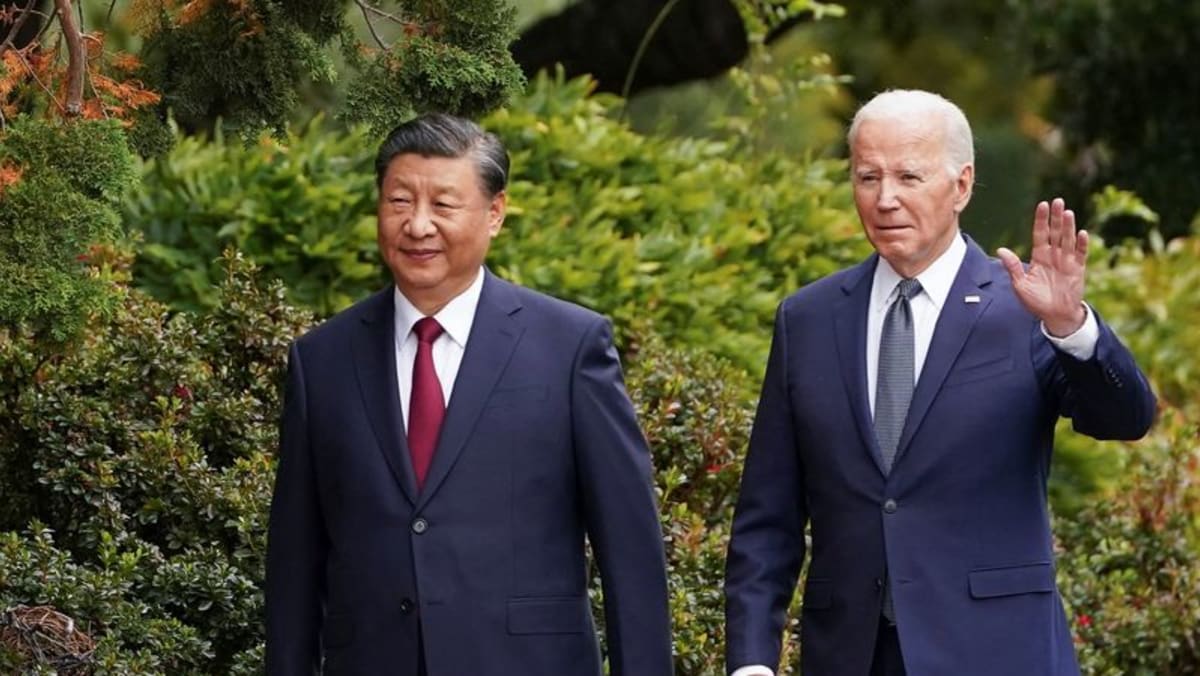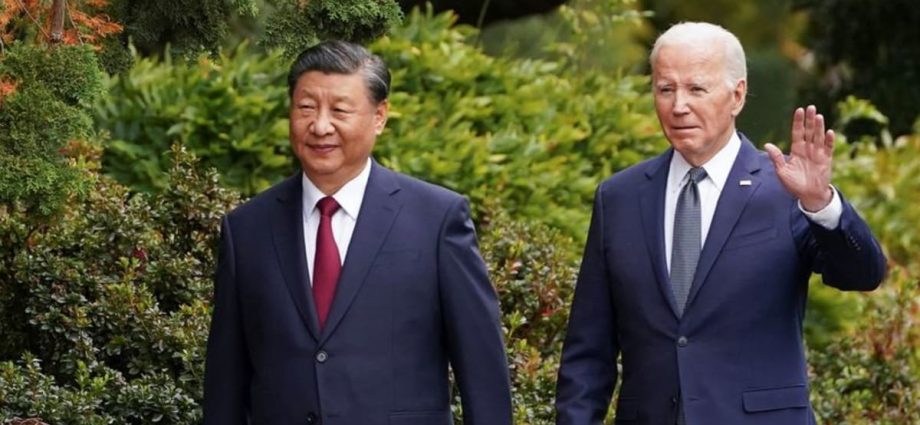
There are few visible efforts from Southeast Asian capitals to invest in updating the Association of Southeast Asian Nations (ASEAN) so that it can more effectively perform its existing mandate in a more contested and uncertain world. Otherwise, committing to at least starting ASEAN reform or the development of related Southeast Asia-based mechanisms would seem like a reasonable approach to evolving conditions.
There is a tendency among regional actors to look at ad hoc bi-lateral or mini-lateral arrangements involving both regional and extra-regional actors to address economic and security needs. Examples include Cambodia and Thailand’s enhanced bilateral military cooperation with China, the Indo-Pacific Economic Framework as well as the Malacca Strait and Sulu Sea patrols. Ironically, this could result in more of the global and regional fragmentation many Southeast Asian capitals seek to avoid.
SOUTHEAST ASIA HAS A CHOICE TO MAKE
Both Southeast and Northeast Asia historically gained from a United States committed to supporting economic liberalisation and stability, along with a China that came around to accepting and gaining from this arrangement from the late 1970s.
Not all people benefitted from the liberal order advanced by their actions. The Korean War, the three Indochina Wars, China’s support for the Khmer Rouge, as well as the excesses of anti-communism and the War on Terror underscore the very real human costs that came with the prosperity and partial stability.
Whatever its faults, the liberal, rules-based order is now under challenge. Both the United States and China are now more suspicious of each other’s intentions, with the former looking more inward and toward its allies on economic and security terms, even as the latter focuses on its domestic economy and resisting external pressure.

